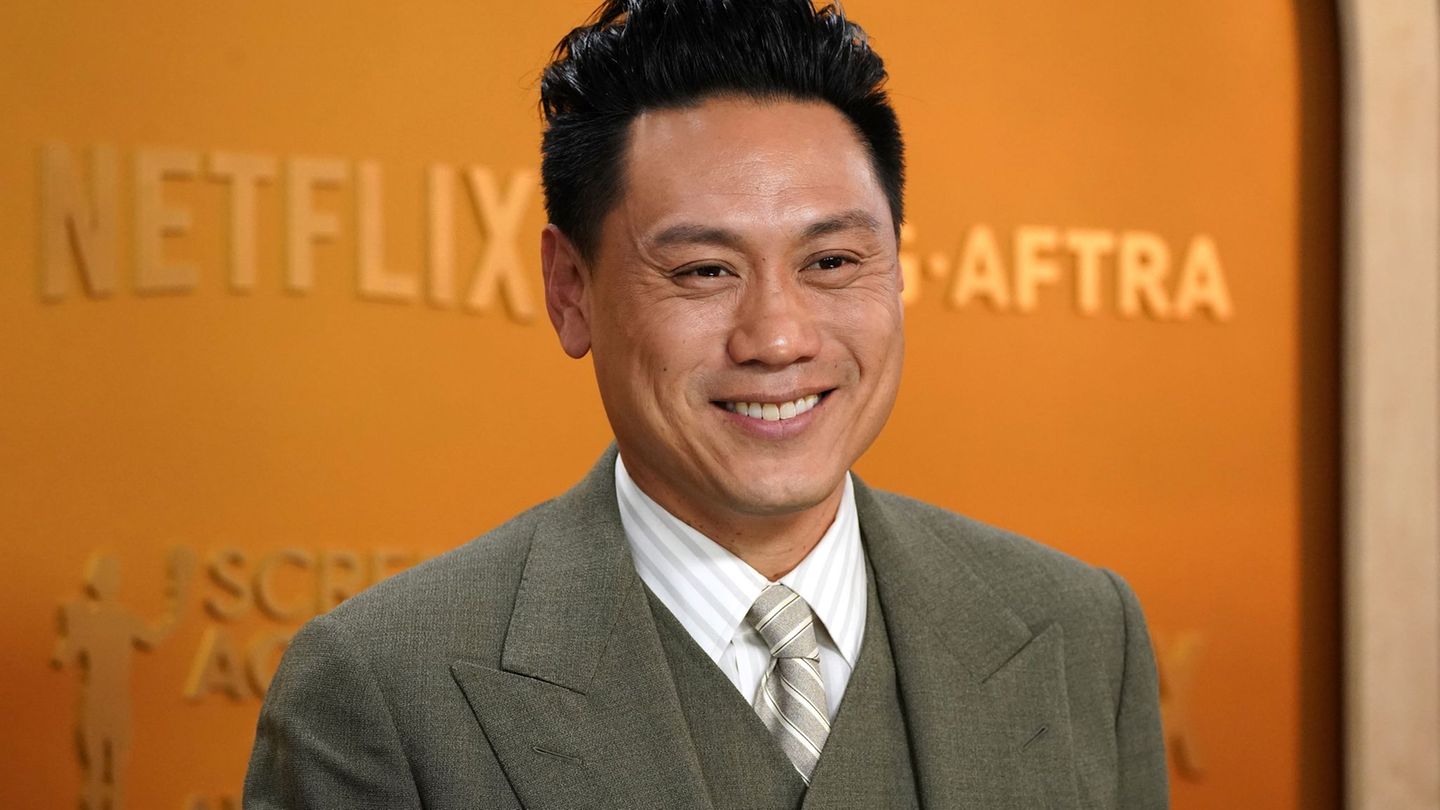I have been working in the news industry for over 6 years, first as a reporter and now as an editor. I have covered politics extensively, and my work has appeared in major newspapers and online news outlets around the world. In addition to my writing, I also contribute regularly to 24 Hours World.
Menu
BSW wants to get into parliament: Wagenknecht Party: Can it keep the AfD small in the East?
Categories
Most Read
State Minister Wolfram Weimer under pressure – support from Nouripour
October 19, 2025
No Comments
Ukraine War: Russian attack on coal mine
October 19, 2025
No Comments
After attacks: Israel wants to observe the ceasefire in Gaza again
October 19, 2025
No Comments
Demonstrations: After mass protests: Republicans attack “No Kings”.
October 19, 2025
No Comments
Israel once again stops importing aid into Gaza
October 19, 2025
No Comments
Latest Posts

The limitlessness of brass music
October 20, 2025
No Comments
Furious finale of the “Best of Brass Music” weekend – the Folkshilfe (front: Florian Ritt, Gabriel Fröhlich, Paul Lafleur/from left) played with the four finalists:

Second largest economy: China’s economy is growing more slowly – party discusses course
October 20, 2025
No Comments
Second largest economy China’s economy is growing more slowly – party discusses course Copy the current link Add to wishlist With growth of 4.8 percent,

People: “Wicked” director remains humble despite Oscar success
October 20, 2025
No Comments
Lisa HarrisI am an author and journalist who has worked in the entertainment industry for over a decade. I currently work as a news editor
24 Hours Worlds is a comprehensive source of instant world current affairs, offering up-to-the-minute coverage of breaking news and events from around the globe. With a team of experienced journalists and experts on hand 24/7.

